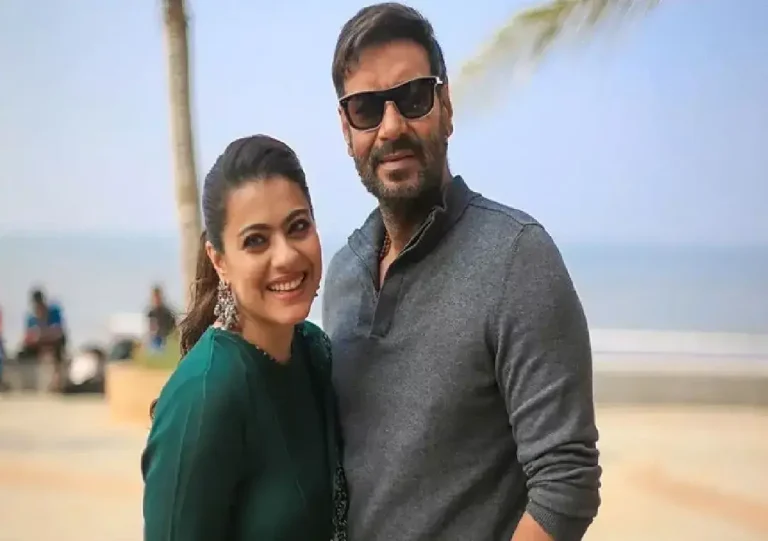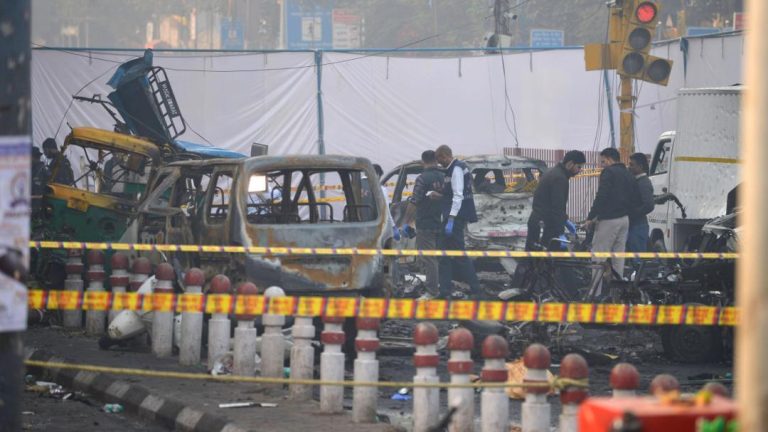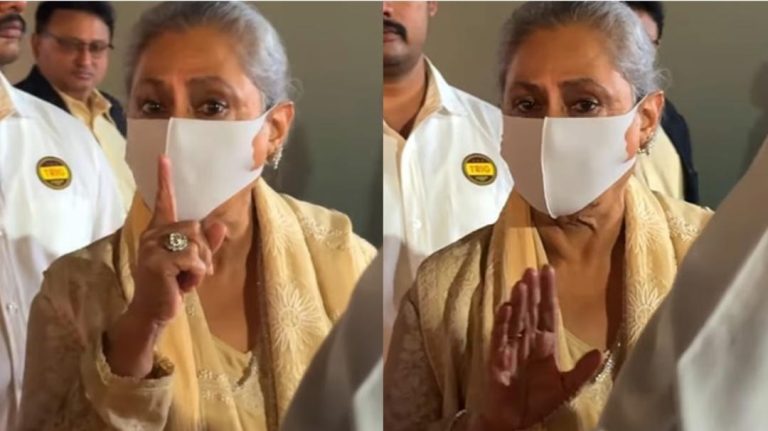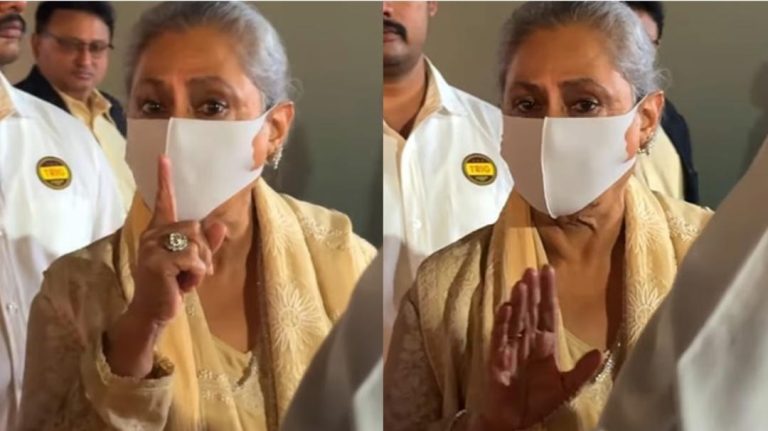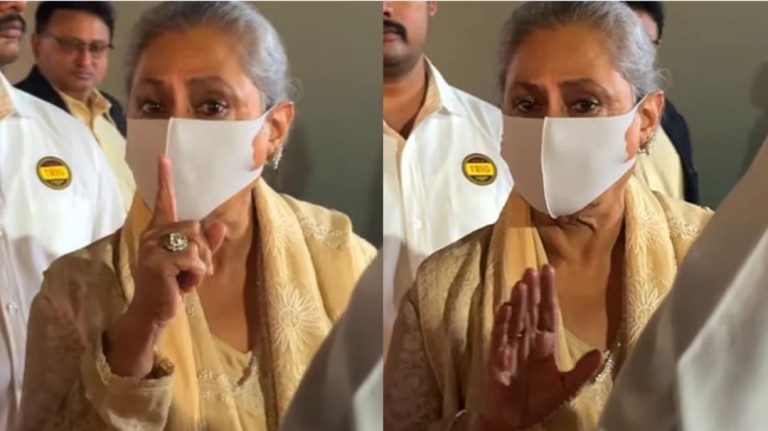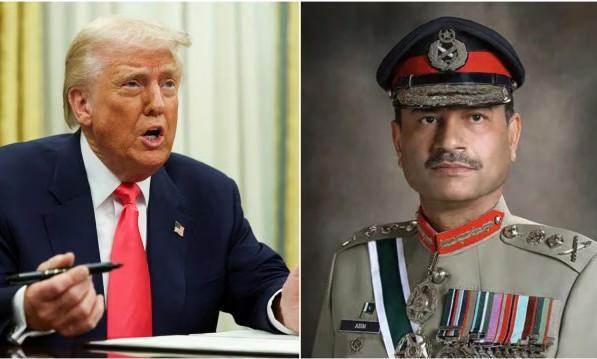
Trump Agreed for Lunch with Pak Army Chief After He Backed His Name for Nobel Peace Prize: US
In a surprising development, it has come to light that US President Donald Trump agreed to host Pakistan army chief Asim Munir for lunch after the latter publicly backed Trump’s nomination for the Nobel Peace Prize. The meeting is believed to have taken place in an effort to prevent a nuclear war between India and Pakistan, according to White House spokeswoman Anna Kelly.
The news has sparked controversy, with India denying any role of the US in facilitating a ceasefire with Pakistan. The development is seen as a significant shift in the diplomatic landscape of the region, with experts arguing that it could have far-reaching implications for the fragile peace process in South Asia.
According to reports, Pakistan army chief Asim Munir had publicly called for Trump to be nominated for the Nobel Peace Prize for his efforts in preventing a nuclear war between India and Pakistan. Munir’s statement was seen as a major diplomatic coup for the US, which has been trying to revive its relationship with Pakistan in recent months.
In response to Munir’s statement, the White House announced that Trump had agreed to host the Pakistan army chief for lunch, in an effort to build on the momentum generated by Munir’s statement. The meeting is believed to have taken place behind closed doors, with no official statement or details being released by the White House.
However, the meeting has been met with skepticism by India, which has denied any role of the US in facilitating a ceasefire with Pakistan. In a statement, Indian Prime Minister Narendra Modi said that India would not accept any third-party mediation in its relations with Pakistan, adding that the two countries had to resolve their outstanding issues bilaterally.
Modi’s statement was seen as a clear rebuff to the US effort to mediate between India and Pakistan, with experts arguing that it could further complicate the peace process in the region. The development has also raised questions about the role of the US in the region, with some experts arguing that it could be seen as a sign of US bias towards Pakistan.
The meeting between Trump and Munir has also been seen as a major diplomatic coup for Pakistan, which has been struggling to revive its relationship with the US in recent months. The development is seen as a significant shift in the diplomatic landscape of the region, with experts arguing that it could have far-reaching implications for the fragile peace process in South Asia.
In recent months, tensions between India and Pakistan have been running high, with the two countries engaging in a series of border skirmishes along the Line of Control (LoC). The situation has been further complicated by the presence of US troops in Afghanistan, with some experts arguing that it could lead to a wider conflict in the region.
The meeting between Trump and Munir has also raised questions about the role of the Nobel Peace Prize in international diplomacy. Trump has been a vocal critic of the Nobel Peace Prize, which he has argued is biased towards liberal politicians. The development has also raised questions about the credibility of the Nobel Peace Prize, with some experts arguing that it could be seen as a tool of political manipulation.
In conclusion, the meeting between Trump and Munir has been a significant development in the diplomatic landscape of the region, with experts arguing that it could have far-reaching implications for the fragile peace process in South Asia. The development has also raised questions about the role of the US in the region, with some experts arguing that it could be seen as a sign of US bias towards Pakistan. The meeting has also raised questions about the role of the Nobel Peace Prize in international diplomacy, with some experts arguing that it could be seen as a tool of political manipulation.
Source:
